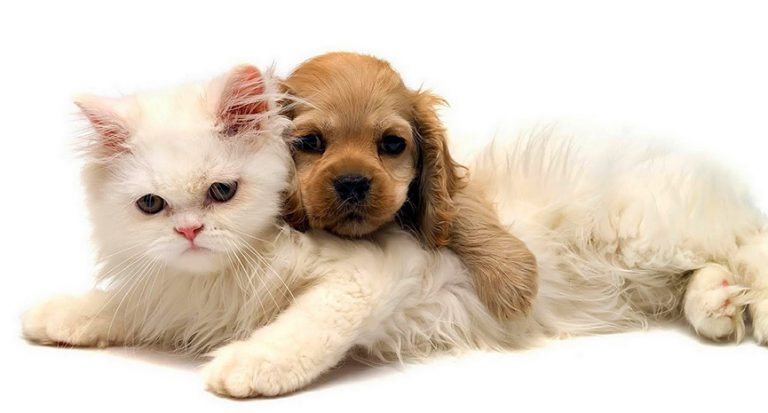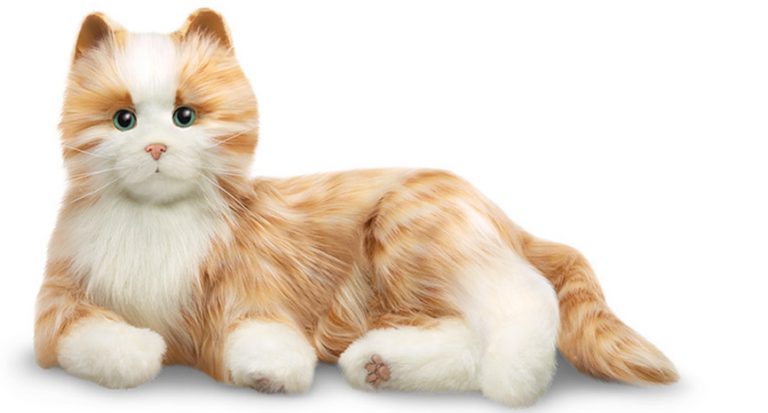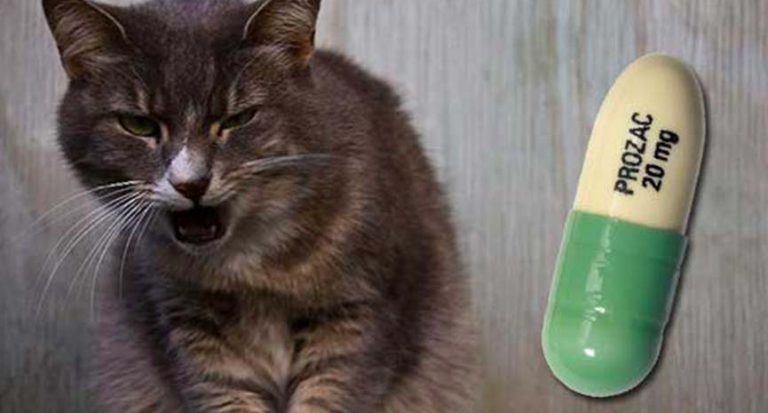Cats are good at self-maintenance, but even your fastidious feline can’t prevent some of the more common cat diseases and health issues. Here’s a brief overview.
Vomiting: Causes range from eating something poisonous or inedible, to infection, urinary tract disease, or diabetes. Symptoms can include drooling and abdominal heaving. Vomiting can leave your cat dehydrated, so if vomiting continues, call your vet right away.
Feline Lower Urinary Tract Diseases: Female and male cats can get FLUTD, and it often occurs in cats that are overweight, unfit, or who eat dry food. Stress, a multi-cat household, and sudden changes can raise a cat’s risk of FLUTD. Symptoms: straining to urinate, bloody urine, urinating in unusual places, crying when urinating, licking the urinary area, dehydration, lack of appetite, vomiting. It’s an emergency if your cat can’t urinate.
Fleas: Signs: flea dirt on their skin, constant scratching, frequent licking, red or irritated skin, hair loss, skin infections or hot spots. Fleas can live for more than a year, and your cat risks anemia, so treat your cat’s flea problem. Talk to your vet about which flea control to use.
Tapeworms: Live in the small intestine and can grow as long as 2 feet. Symptoms may include vomiting and weight loss. Look at the cat’s feces and around its anus. If you see small white worms, or what look like grains of rice, your cat likely has tapeworms. Treatments include injection, oral, or topical medication, because cats almost always get tapeworms as a result of swallowing a flea, handle any flea problems before tackling tapeworms.
Diarrhea: Causes include hairballs, spoiled food, allergies, infection, liver disease, cancer, and more. Symptoms are loose, watery, or liquid stool. Can last for a day, a week, or longer. Offer water to prevent dehydration, then remove kitty’s food for no more than 12 hours to 24 hours. Take your cat to the vet if he still has diarrhea after a day, or immediately if you notice vomiting, dark, or bloody stools, fever, lethargy, loss of appetite, or if your cat is straining to defecate.
Eye Problems: Caused by a number of things, including conjunctivitis, cataracts, glaucoma, trauma, viruses, inflammation, and retinal disease. A few symptoms include watery eyes, tear-stained fur, cloudiness, red or white eyelid linings, gunk in the corners of the eye, squinting, or pawing at the eye. Wipe away any gunk with a damp cotton ball. After that, call your vet.





